RAPID RE-HOUSING
The Preble Street Rapid Re-Housing program (RRH) is an evidence-based intervention that uses casework and financial assistance to help individuals and families experiencing homelessness return to housing quickly and not become homeless again in the near future.
RRH is a short-term, intensive, housing-focused intervention with three components: housing identification, move-in support, and rent assistance. Participants work with their Preble Street caseworker to create an individualized housing plan with the goal of obtaining a connection to permanent housing as quickly as possible.
"We are grateful for the hard work of Preble Street and the willingness of landlords to work together to help solve homelessness, one household at a time. Rapid Re-housing is an important component to the ongoing redesign of the homelessness response system in Maine. Preble Street is leading the way in demonstrating a model that is replicable across the entire state. We are proud to be part of this important effort.”
MaineHousing Director Daniel Brennan

The RRHS program currently serves Cumberland and Androscoggin County. All referrals to Rapid Rehousing are completed through Coordinated Entry and interested individuals must complete a Coordinated Entry Assessment with an Access Point Provider.
How do you complete a coordinated entry?
You can call 211 Maine to identify an Access Point in your area. Once an assessment is complete, you will be matched with the appropriate program resource as it’s available.
Case management services include...
- working to increase income
- connection with benefits such as health insurance and SNAP
- connection with community resources, e.g. local service care providers
At times, individuals, and families in the community may be at imminent risk of becoming homeless. In these cases, the Preble Street RRH team also provides diversion interventions, connecting the household to resources and services that can help prevent them from becoming homeless.
“We believe that each of our clients can be successfully connected to permanent housing; it just looks different for everyone, depending on the challenges they might have experienced and their goals. Using that lens, our very creative and resourceful staff use their skills, relationships, and knowledge of how systems work to help folks navigate some very complex issues and connect them with housing that works for their needs. On any given day, staff might be helping someone apply for a birth certificate, filling out apartment applications, or supporting someone moving into what might be their very first apartment.”
Leanne Pomeroy, Director, Rapid Re-Housing
Landlords Help!
If you need housing assistance or are a landlord interested in partnering with Preble Street Rapid Re-Housing, please call 207-775-0026 or email rapidrehousingservices@preblestreet.org.
Rapid Re-Housing's impact by the numbers...
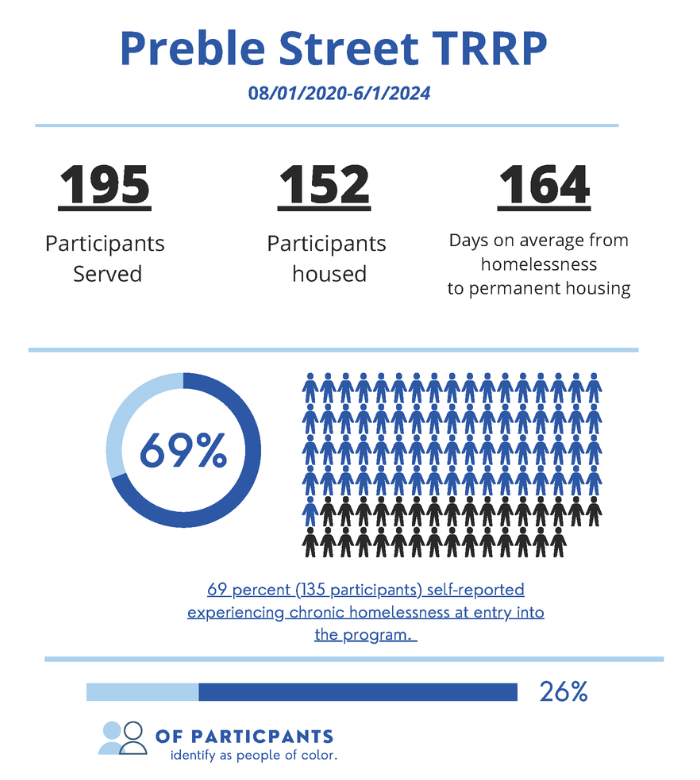
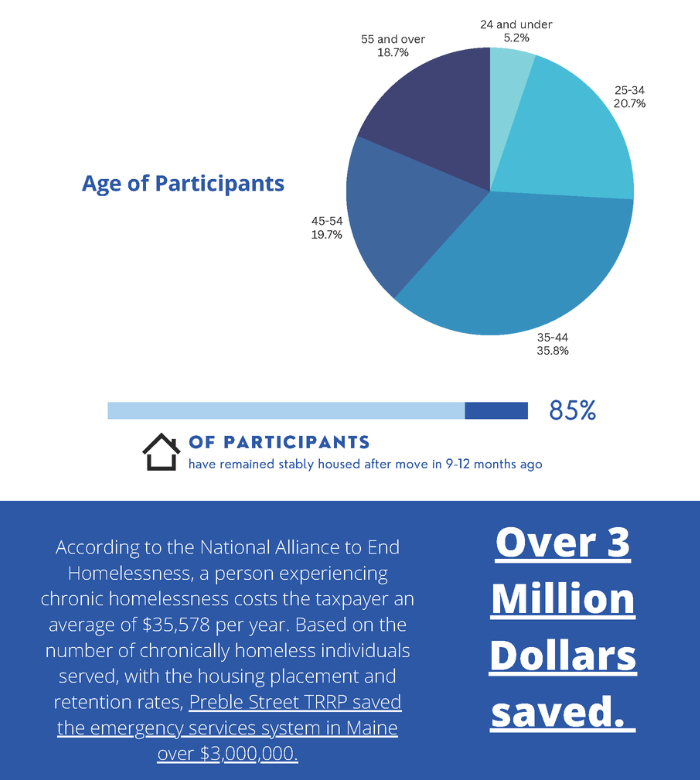
The human impact...
Learn More...
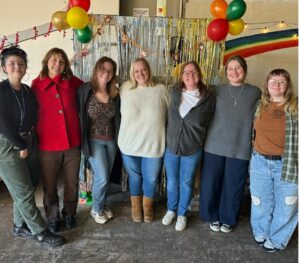
Celebrating increased support for homeless youth!
We’re celebrating some good news this Youth Homelessness Awareness Month! Preble Street Teen Services was recently awarded a grant from the Family and Youth Service Bureau to fund a Maternity Group Home and Street Outreach Program. This 3-year grant allows us to expand our housing options to specifically serve pregnant and parenting youth and fulfills
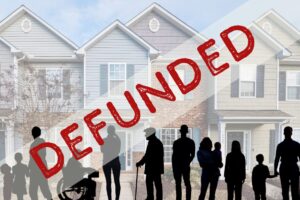
Federal government decimates funding to housing programs
As we shared earlier this month, there will soon be more tents and encampments popping up throughout Maine. In a continuation of massive cuts to programs helping people living in poverty, the current Administration has announced a huge change to how it will fund housing and homeless services. This new approach will decimate permanent supportive
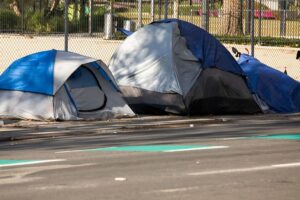
1,200 Mainers at risk of reentering homelessness
CALL TO ACTION Call and email Senators Collins and King, and Representatives Golden and Pingree as often as you can — every day — and implore them to demand that the Department of Housing and Urban Development (HUD) revise their disastrous changes to federal homelessness and housing policy. If they do not, more than 1,200